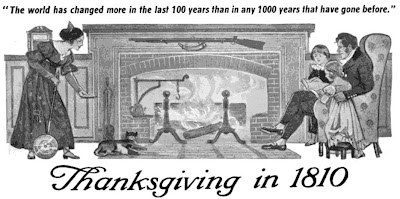Dismissal Of Erection-Causing Motorcycle Lawsuit Affirmed On Appeal
When men reach a certain age, they purchase sports cars or motorcycles to make them feel younger. The “mid-life crisis,” if you will. According to the allegations in a recent lawsuit against BMW, this phenomenon took an entirely new angle for one California man.
As reported by The Marin Independent Journal, a California appellate court affirmed the dismissal of a 2012 lawsuit filed against BMW North American and Corbin-Pacific Inc., a manufacturer of motorcycle seats. In the suit, Henry Wolf alleged that he suffered from a multi-day erection after riding his 1993 BMW motorcycle for two hours allegedly due to vibrations stemming from the “ridge-like” seat. The suit contained product liability, negligence, and negligent infliction of emotional distress causes of action. None of the claims were properly before the court, apparently. The trial court previously found in favor of BMW and Corbin-Pacific due a lack of evidence supporting Wolfe’s claims. Likewise, the appellate court found that the appeal “fails to comply with the rules of appellate procedure” and “contains no intelligible argument.” As a result, the dismissal was affirmed and Wolfe was ordered to pay the defendants’ costs on appeal.
We don’t know what to make of the merits of this case. This is the first we have heard about a motorcycle inducing a prolonged erection. At the trial level, Wolfe’s urologist, Dr Jack McAninch, did, in fact, testify that Wolfe suffered from priapism, a condition involving a persistent erection. Likewise, Wolfe also offered testimony from a neurologist, Dr Jonathan Rutchik, that it was possible for vibrations from a motorcycle to cause priapism (this testimony was apparently excluded).
There is certainly an infinite number of jokes we could make about the relationship between motorcycles and the male anatomy. But, hey, we are professionals.























